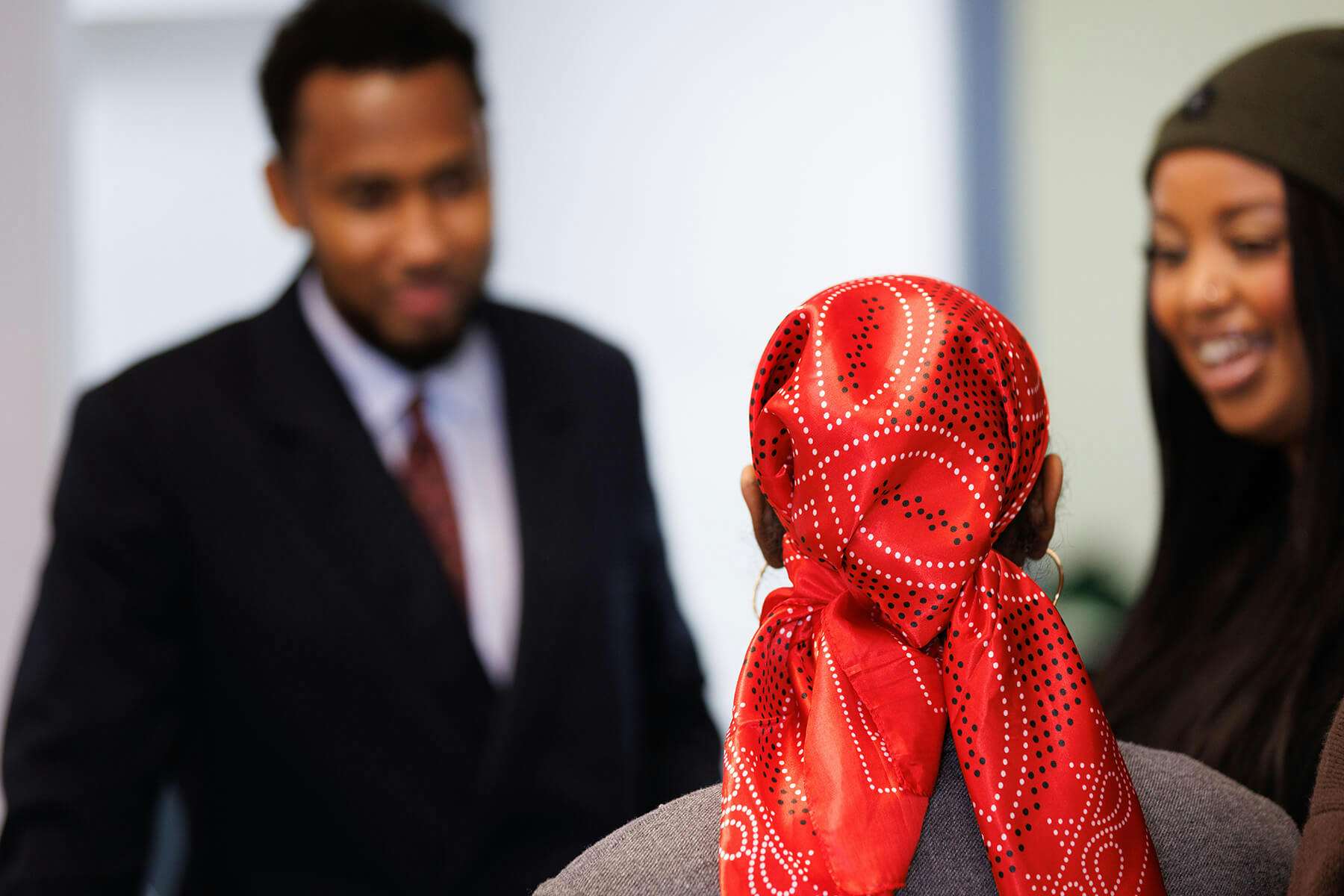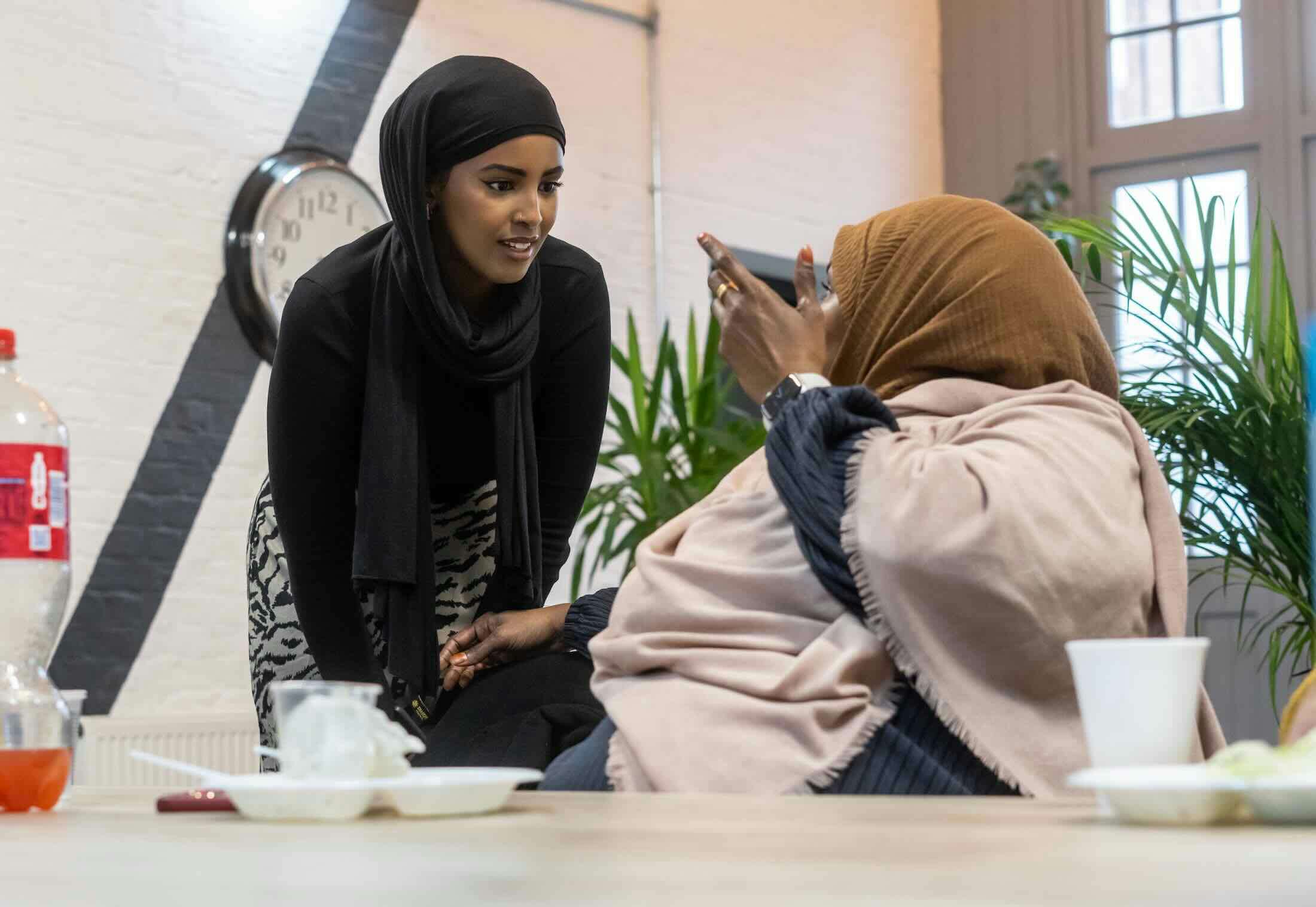
Improving Mental Support for the UK Somali Community
December 23, 2020
Improving Mental Support for the UK Somali Community
ATM has recently published a mental health policy brief which was funded by the City Bridge Trust. The aim of the report was to outline the issues surrounding mental health that are prevalent in the Somali community and to produce recommendations for key stakeholders from our findings. The mental health brief is introduced with official statistics illustrating the relationship between mental health and social inequality.
It has been widely acknowledged that ‘mental health inequalities are closely linked to wider injustices in society’.[1]. This was evident in our findings as almost 80% of respondents felt that current mental health services available do not understand nor do they cater to the needs of the Somali community. We conducted both surveys and interviews with a number of partner organisations and practitioners to gather this data. From this, we found that the Somali community faces multiple triggers for mental distress (all of which are listed in the mental health policy brief).
Despite the relatively high levels of mental ill-health in the Somali community, there low levels of mental health service use. The report uncovered that though 58% of people needed mental health support, only 14% went to seek and used these services. A senior mental health practitioner claimed that people in the Somali community did not seek help until it was too late, this is said to be a result of the cultural stigma surrounding mental health in our community. Additionally, another consequential factor that was found is the tendency for institutions to categorise all BAME communities. This means that services are not specialised for each community, one of our respondents claimed that ‘mental health care isn’t one size fits all’ – available services must be tailored to specific communities in order for it to work. The NHS should aim to integrate traditional healing practices in their treatment and recovery plans in order to support members of the Somali community who suffer mental health issues appropriately.

Our briefing features comprehensive recommendations for statutory and non-statutory organisation working to support British-Somalis in need of mental health provision. Our recommendations focus on four key areas: breaking down stigma, building coalitions, building knowledge and seeking improved representation. To find out more, please follow this link here for full access of the Improving Mental Support for the UK Somali Community Policy Brief.
*Quotes were taken from the Improving Mental Health Support for the UK Somali Community Policy Brief.
SHARE THIS ARTICLE





